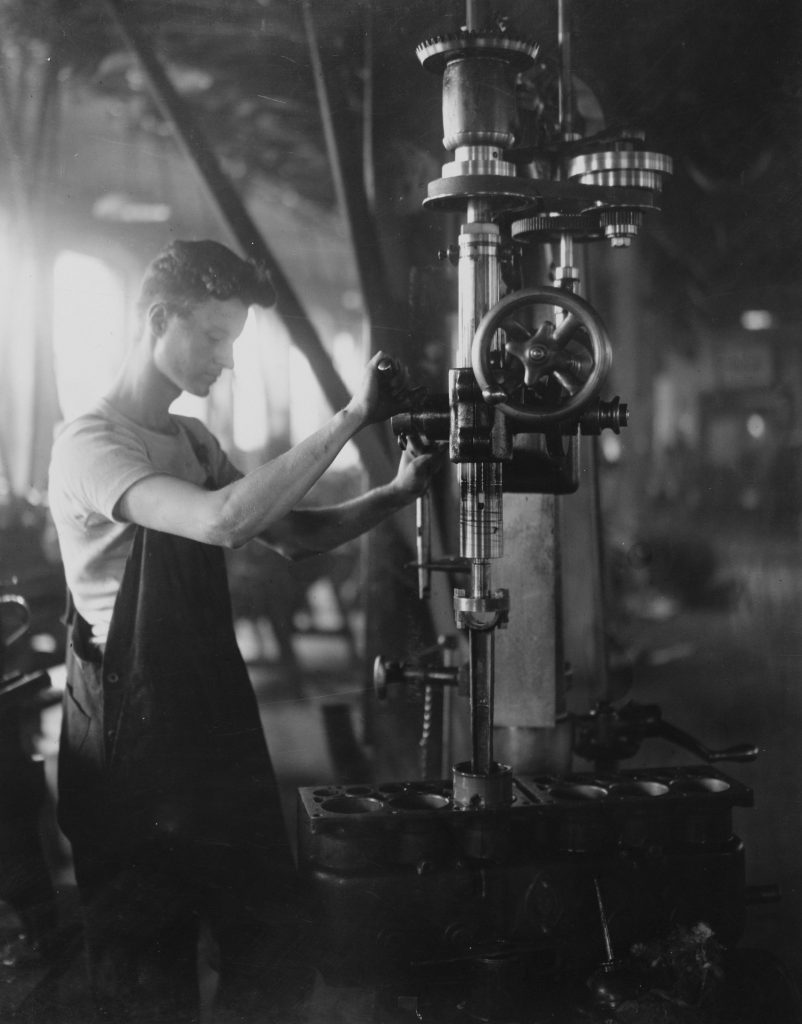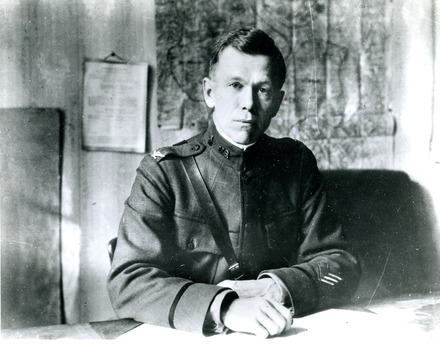
A guy named Wiley Eastwood is a good stand-in for hundreds of thousands of Americans today, Day 16, September 23, 1918. A hard-worker, Eastwood goes to his job—earns his pay, like always—but in the late morning starts feeling weak, fevered, coughing. Lunchtime comes and goes and he’s worse. Finally, he just can’t keep going. It’s time to talk with the boss. Eastwood explains he needs to go home. The boss okays it. And so Eastwood struggles home and climbs into his bed. This might be a first for him. He seldom misses work.
Home is the only place the sick can go in Boston today. No space left in any of the city’s hospitals because every bed in every room, every hall, every ward has someone suffering from influenza laying in it. Not one open bed. None. Many there are nearing death.
Elsewhere, today, there are firsts, over and over and over, there are first-times for countless moments forced upon people by influenza.
Roanoke, Virginia: first case. San Francisco, California: first case. Milwaukee, Wisconsin: first death.
Other kinds of firsts as well.
Camp Meade in Maryland: first set of changes to the original alteration of existing rules—soldiers can’t sing together and the library, YMCA, and recreation club are now closed today. Lancaster in Pennsylvania: first public distribution of a list of of “12 influenza don’ts.”
And then there are people who know a first is coming.
Their action varies: a health commissioner in Dayton, Ohio urges residents to isolate themselves; a health commissioner in Milwaukee, Wisconsin recommended people stop kissing and shaking hands; and two health officers at Camp Crane, their military post plopped right down in the center of Allentown, Pennsylvania, meet to develop aggressive, fast-response plans for changing life at the camp within the next twenty-four hours.
In western France, sitting at a wooden desk, Colonel George Marshall holds sheets of paper with the last-minute details for a major military operation that he hopes will end the World War. Hour after hour on this day he will keep refining, keep thinking, keep wondering in the back of his mind if there’s something he has overlooked. It would be a first for this careful, thoughtful, and planful man to make such a mistake.

A thought for you on Day 16, March 28, 2020, sixteen days after President Trump declares Covid-19 a national emergency—all those firsts. You’ve been dealing with more “first of this” and “first of that” than you can count. At some point, you’ll stop counting. And what will it mean when you’ve arrived at that point? One or many things will be true—you’re numb, you’re exhausted, you’re too busy to notice, you’re___(fill in the blank). I want you, and yes I absolutely recognize it’s next to impossible with the crush of things from sixteen days and rising, if you can, take a little time and remind yourself that the pressure of “firsts” is heavy for you but might be even heavier for the people who rely on you. I wish it was not the case, truth is, I’m likely correct. The first-“first” is one thing. The twentieth-“first” is a completely different ballgame. It’s especially true when you think that each first may require action to follow. So, respectfully, I offer this: eyes up, you have to be aware.
(note to reader—I invite you to subscribe to this series/blog. The purpose of my posting in this series is the purpose of my enterprise at Historical Solutions—to explore the past in a new way that brings new and different value to you, both in the present (this minute) and on the edge of the future (what’s ahead or forward of this minute). The past is everything before now, the totality of all time before the present; history is a set of very small slices of the past that, for a particular reason, have been remembered. If you wish to contact me privately, please do not hesitate to text or call 317-407-3687)







